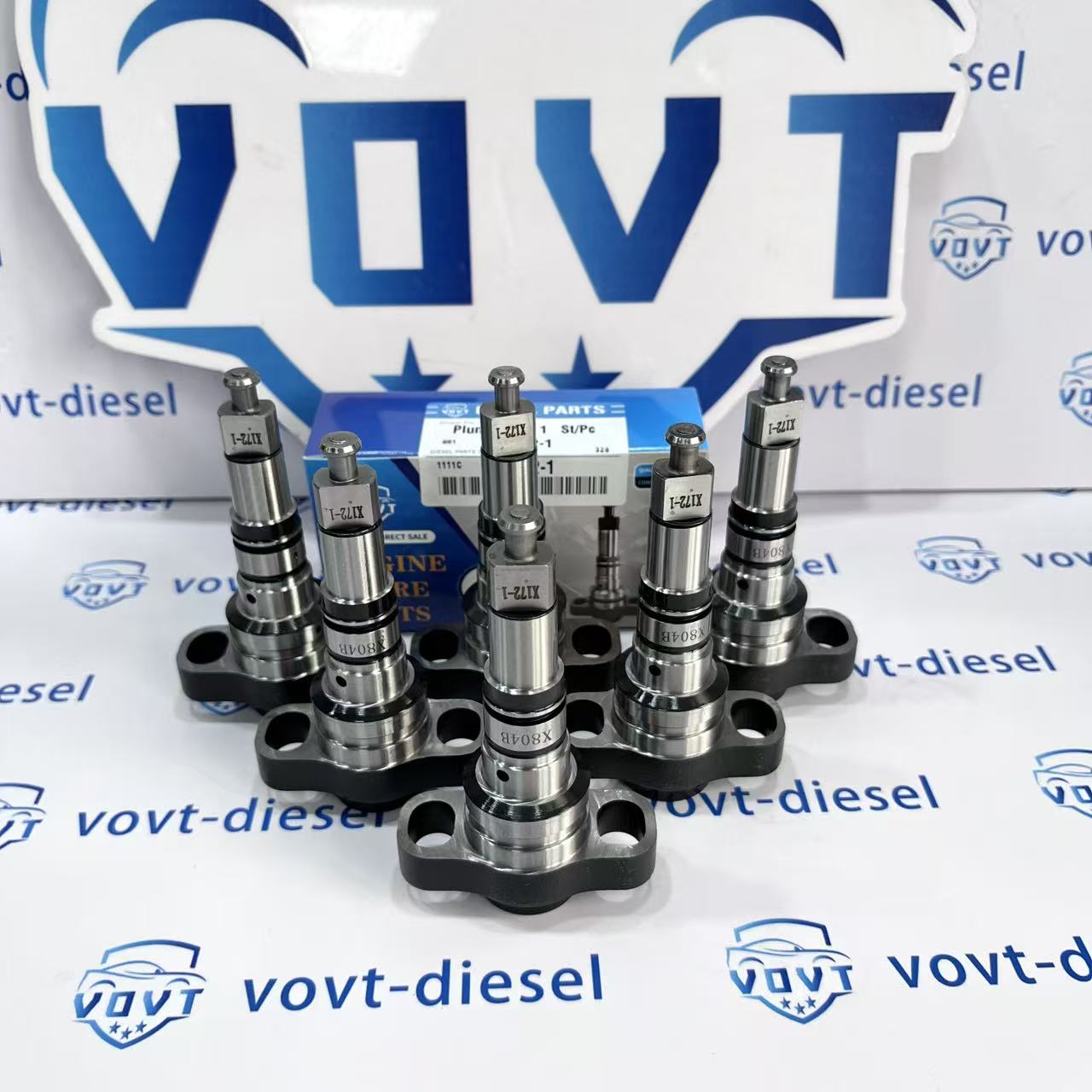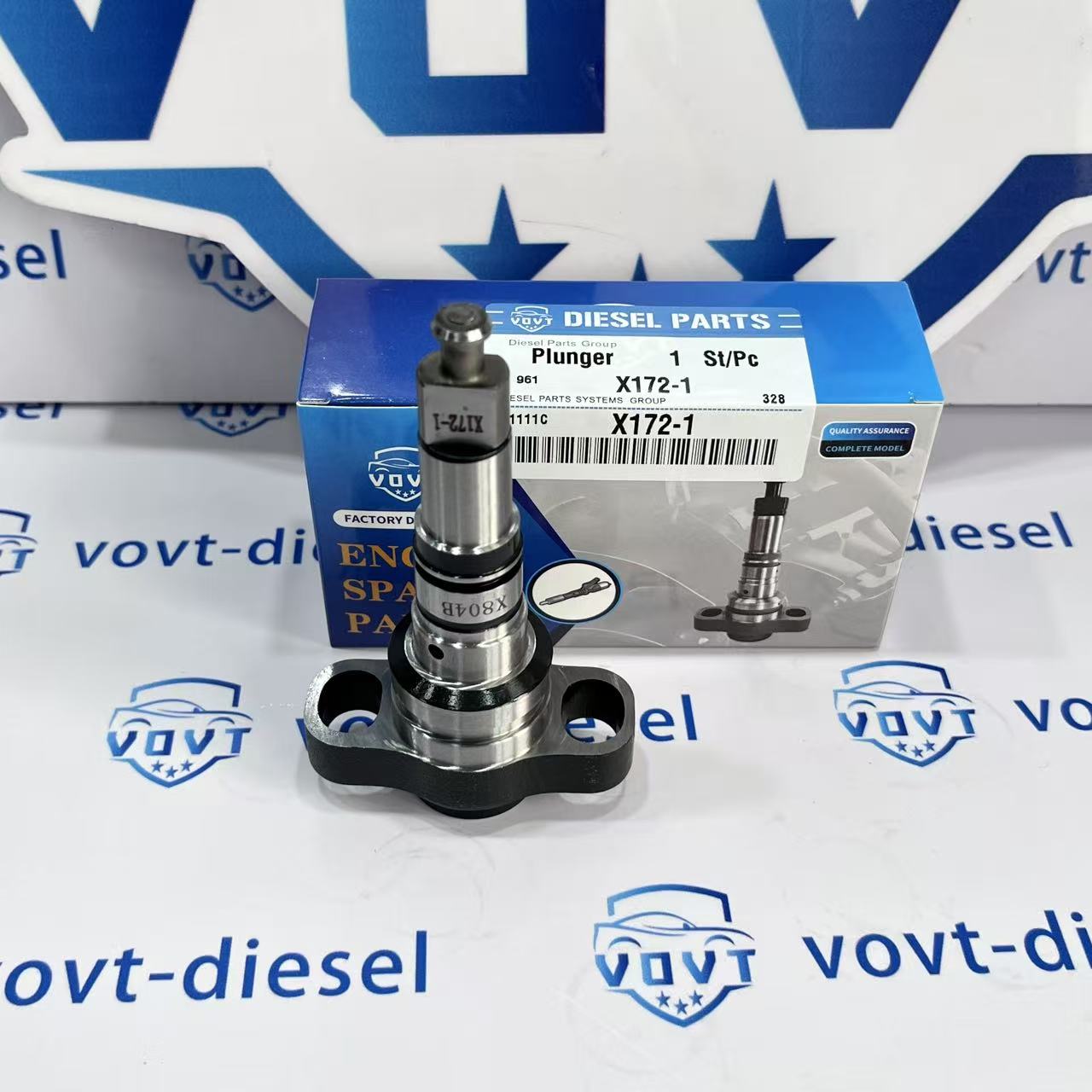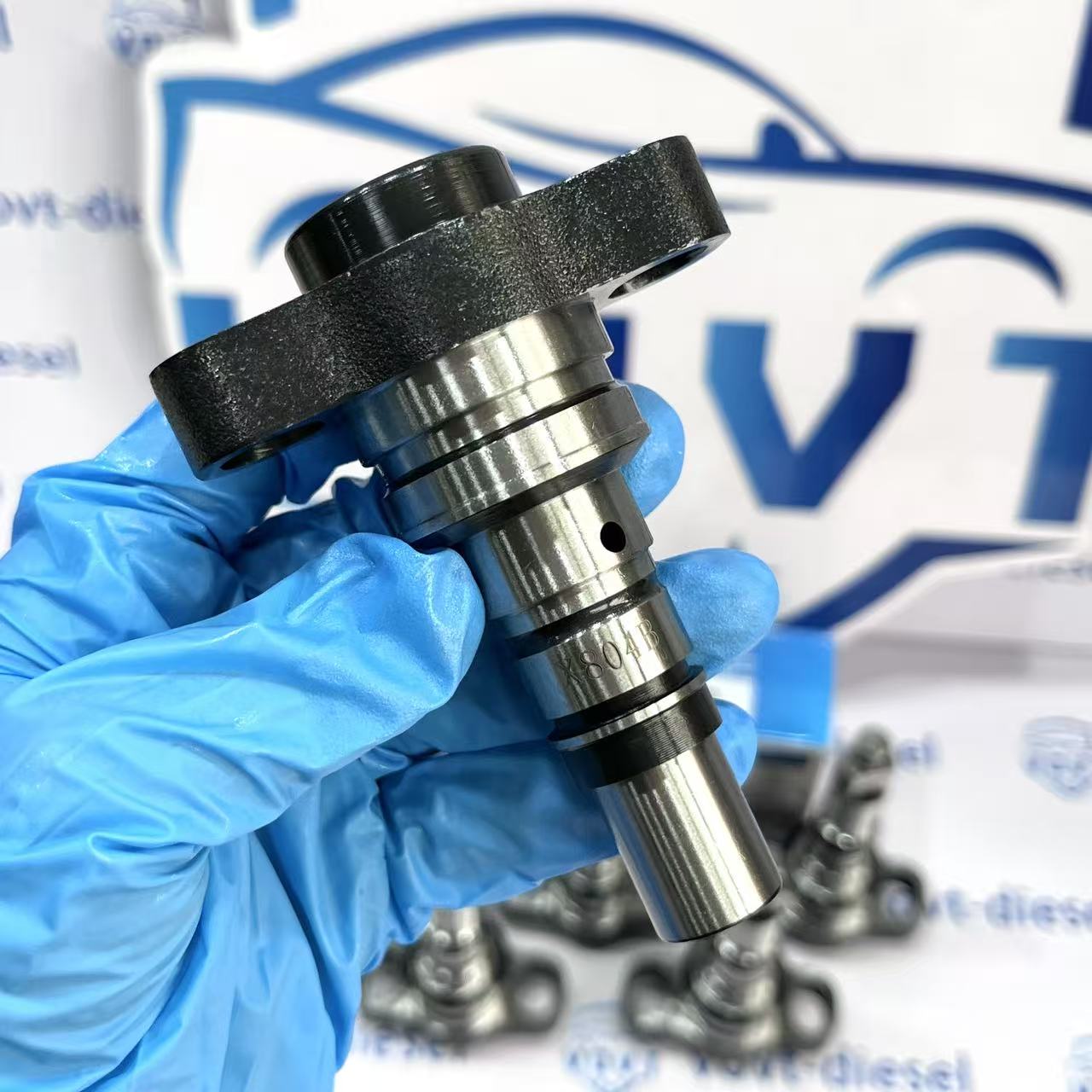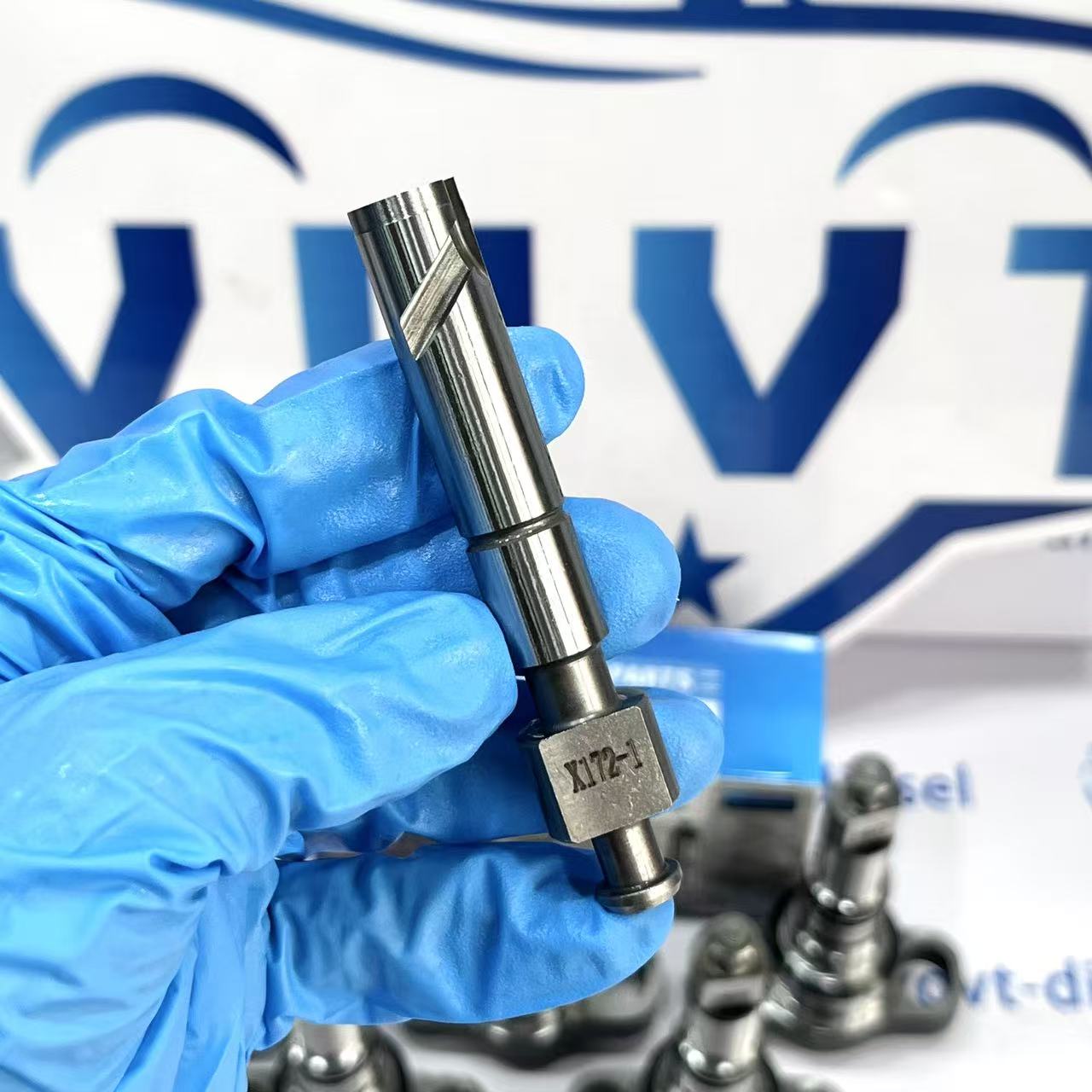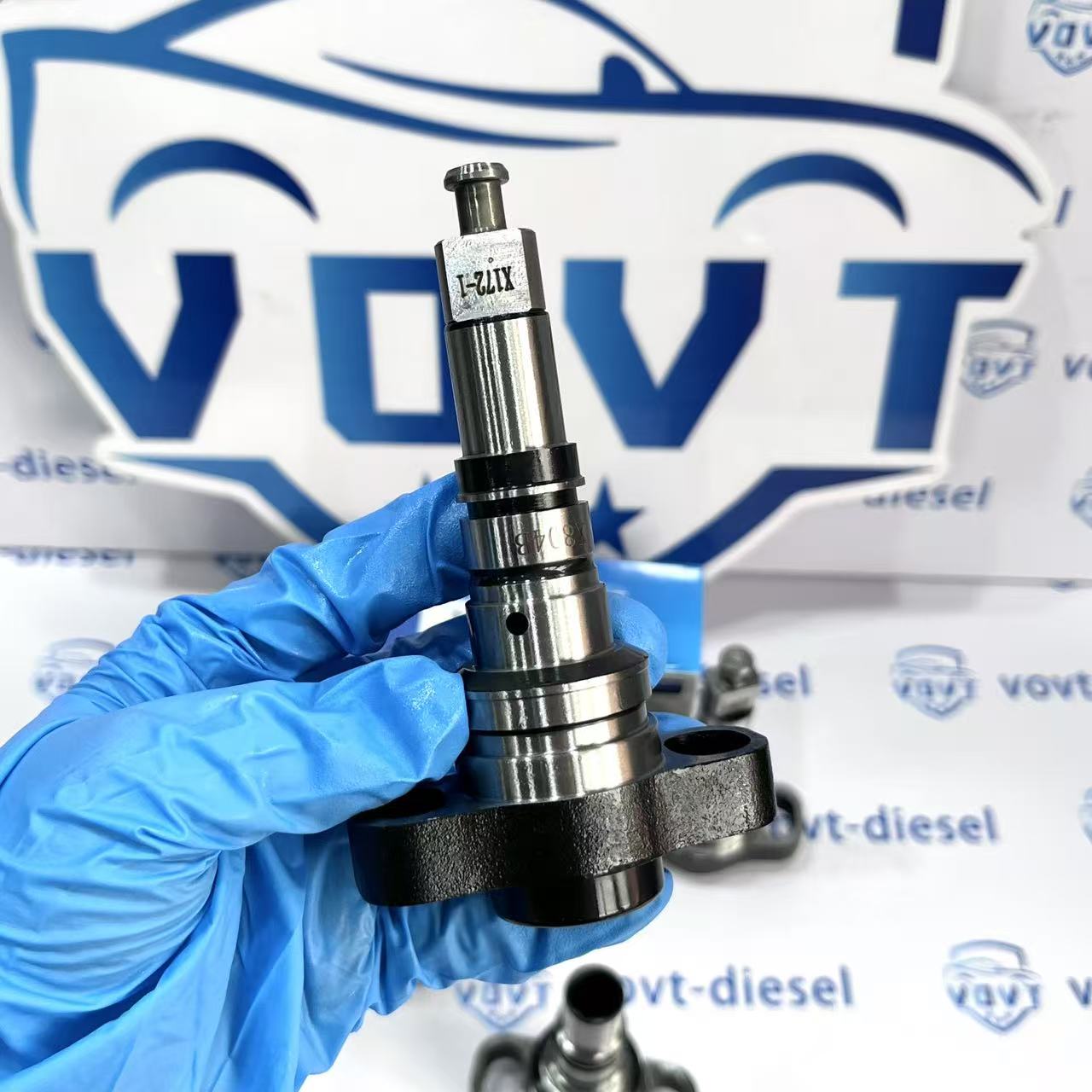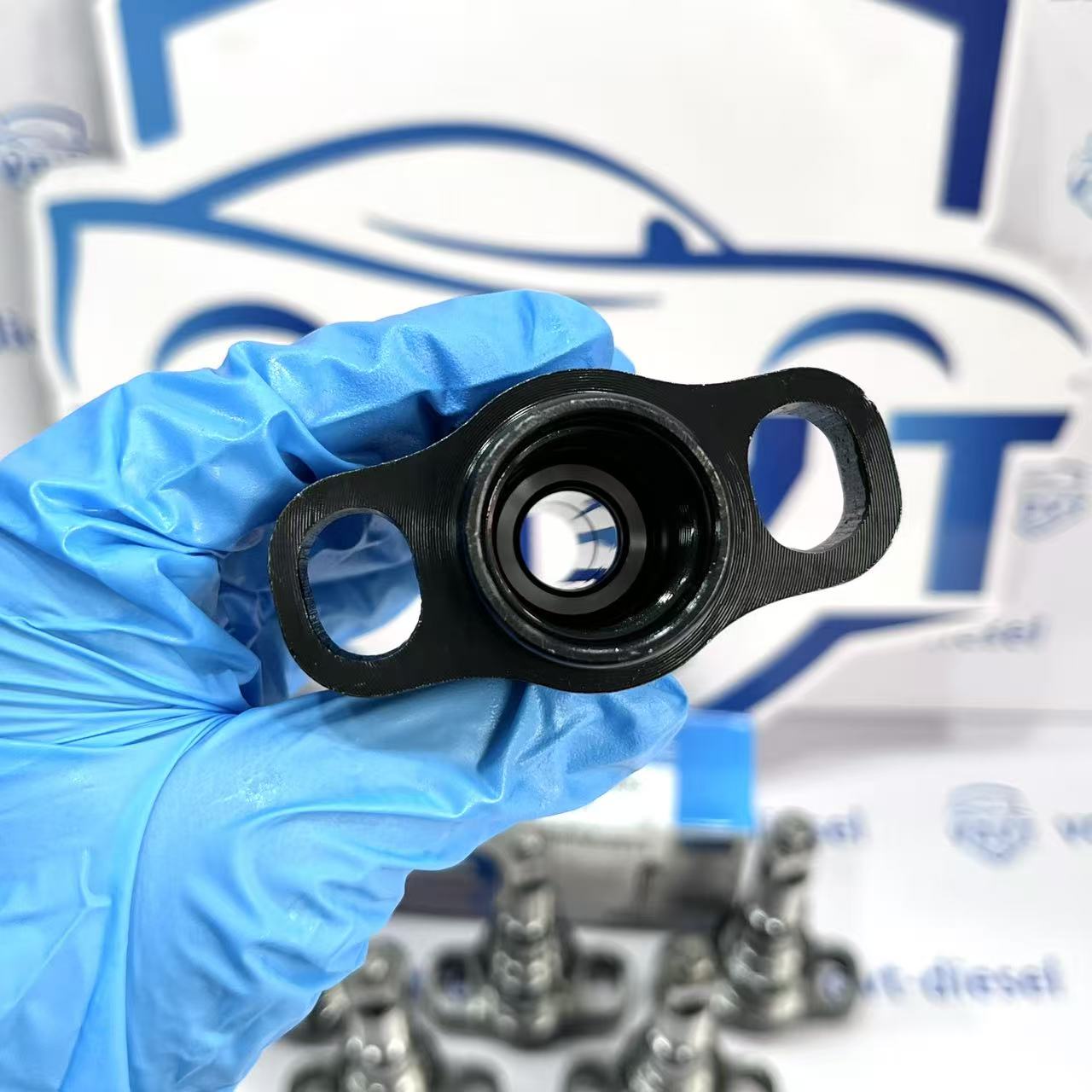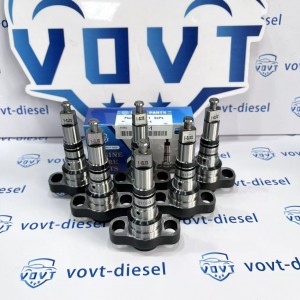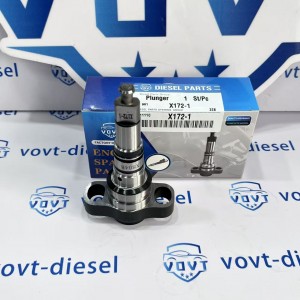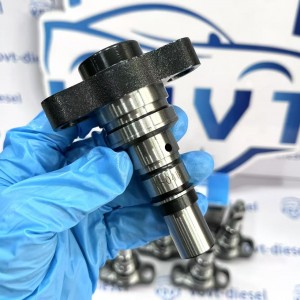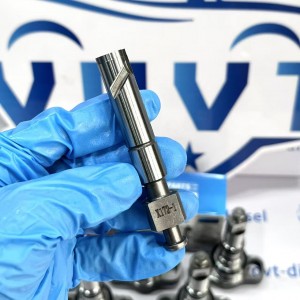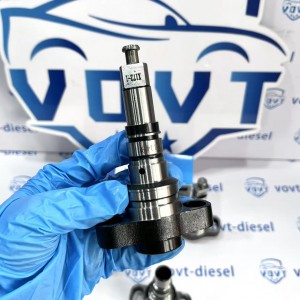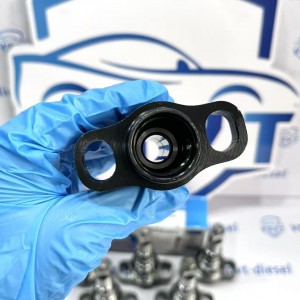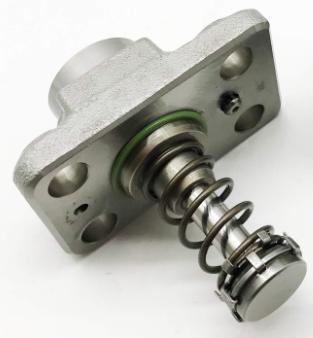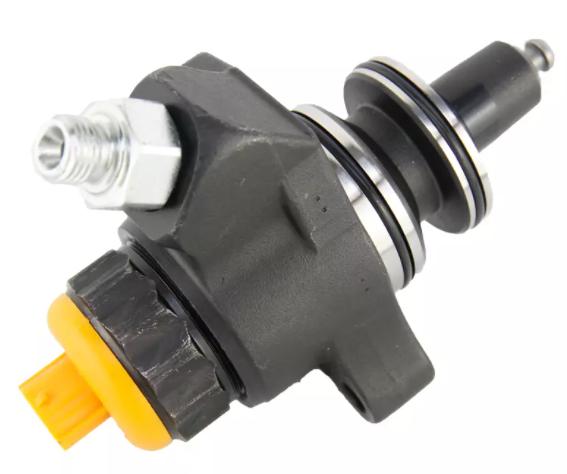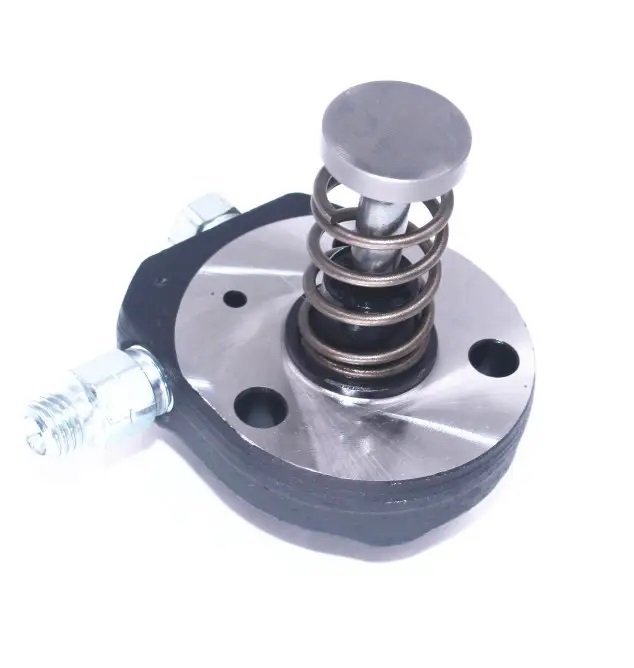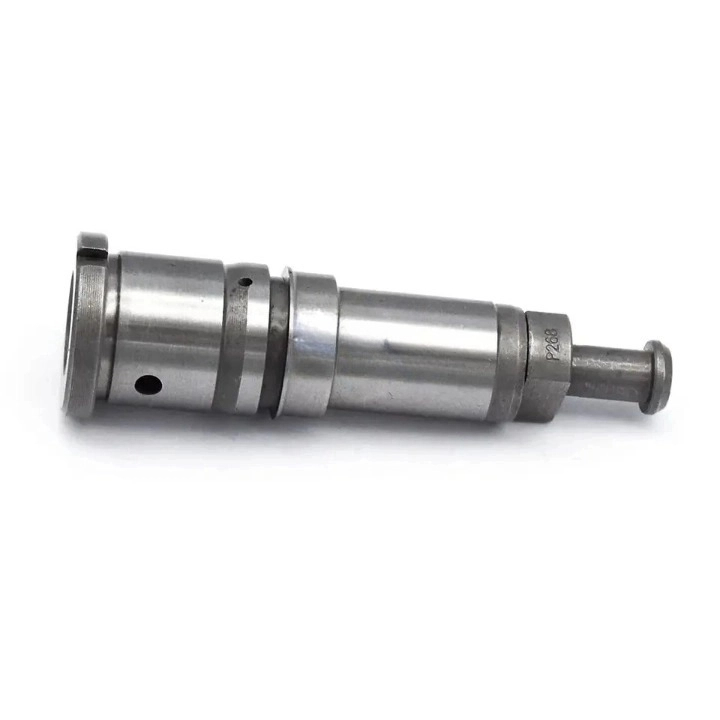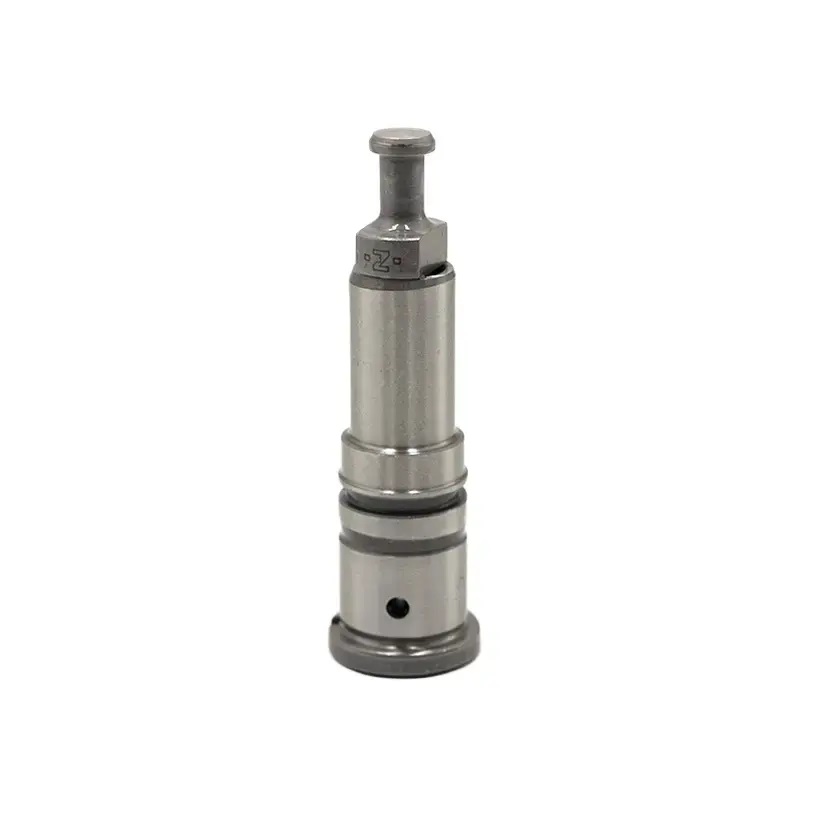Made in China Fuel Injection Pump Plunger X172-1 Pump Elements Engine Accessories
products description
| Reference. Codes | X172-1 |
| OE/OEM Codes | / |
| Application | / |
| MOQ | 5 PCS |
| Certification | ISO9001 |
| Place of Origin | China |
| Packaging | Neutral packing |
| Quality Control | 100% tested before shipment |
| Lead time | 7~15 working days |
| Payment | T/T, Paypal, Western Union or as your requirement |
Design and Tribological Performance of Functionally Graded Materials in Plunger Pairs
Abstract
Plunger pairs, as core components in high-pressure fuel injection systems, are frequently subjected to extreme conditions including high contact stress, poor lubrication, and corrosive fuel environments. These working conditions often lead to severe wear, frictional losses, and efficiency degradation. Functionally graded materials (FGMs), characterized by gradual changes in composition and properties across the material cross-section, provide a novel pathway to improve the tribological behavior of plunger pairs. This paper presents the design concept and performance evaluation of FGMs applied to plunger–barrel assemblies.
1. Introduction
The durability and reliability of plunger pairs determine the stability of injection pressure and spray quality in diesel engines. Conventional homogeneous materials often fail to simultaneously satisfy the requirements of high surface hardness, good toughness, and corrosion resistance. FGMs enable a smooth transition between a hard, wear-resistant surface and a tough, ductile substrate, thereby offering optimized performance under complex service conditions.
2. Design Principles
-
Material composition: Ceramic–metal FGMs (such as Al₂O₃–steel or WC–Co–steel) were designed with a hard ceramic-rich surface to resist abrasion and a metallic-rich core to ensure toughness.
-
Gradient distribution: The composition gradient was achieved through powder metallurgy and laser cladding techniques, enabling controlled variation of microstructure from surface to core.
-
Functional optimization: The gradient profile was tailored to balance hardness, elastic modulus, and thermal expansion coefficient, reducing interfacial stress concentration.
3. Tribological Performance
-
Wear resistance: FGM-coated plungers exhibited a 30–40% reduction in wear rate compared with conventional steel plungers under boundary lubrication conditions.
-
Friction behavior: The gradient surface provided micro-scale hardness variations that reduced adhesive wear and stabilized the friction coefficient.
-
Corrosion protection: Ceramic-rich surfaces improved resistance against biodiesel and sulfur-containing fuels, minimizing pitting and surface degradation.
-
Service life: Endurance testing showed extended operation cycles, demonstrating that FGMs effectively delay fatigue and scuffing failure.
4. Discussion
The superior tribological performance of FGMs is attributed to the synergistic effect of material gradients: the hard surface layer resists abrasion, while the tough inner core absorbs mechanical shocks. Compared with homogeneous coatings, FGMs mitigate delamination risks and thermal stress mismatches, enhancing structural integrity. However, challenges remain in achieving precise gradient control and cost-effective large-scale manufacturing.
5. Conclusion
Functionally graded materials provide a promising solution for improving the tribological performance of plunger pairs in fuel injection systems. By integrating hardness, toughness, and corrosion resistance into a single component, FGMs extend service life and enhance reliability under extreme operating conditions. Future work should explore advanced additive manufacturing methods for gradient tailoring and investigate multi-scale tribological mechanisms to further optimize performance.

